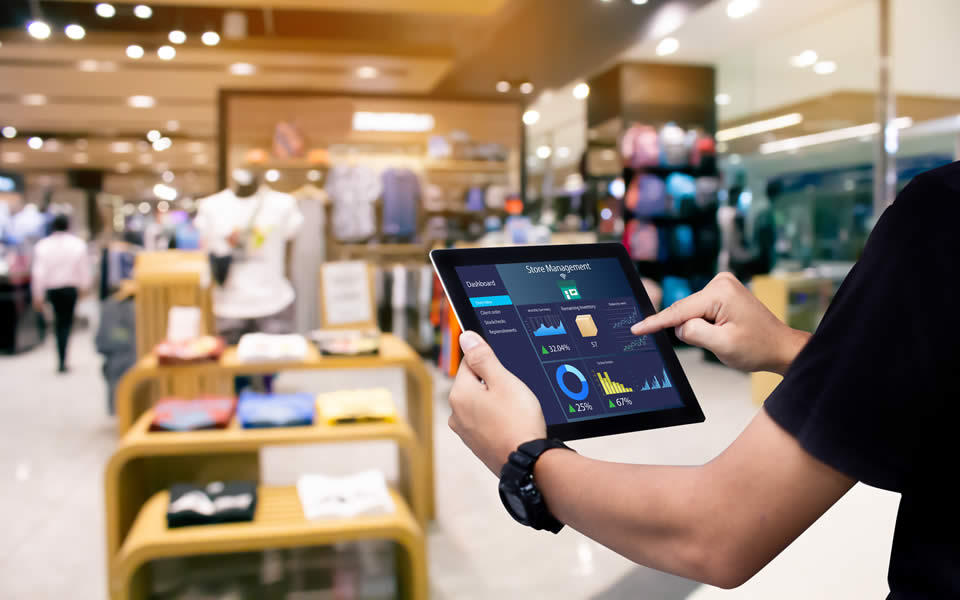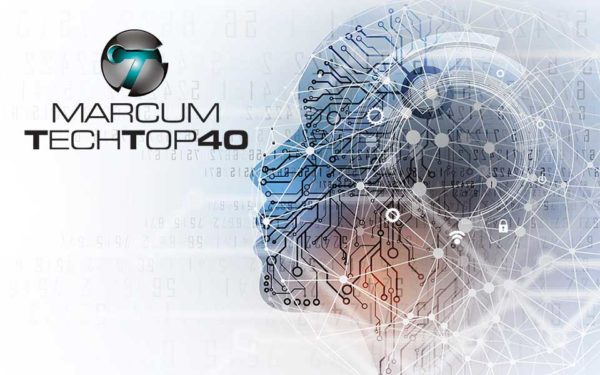Consumer Products: Why Growing Companies Invest in Integrated Technology, Advanced Data, and Artificial Intelligence
By Michael Sacco, Partner, National Leader - Consumer & Industrial Products
Post-COVID issues and challenges continue to impact global trade and e-commerce across most industries and the lingering effects are affecting consumer products companies. Supply chain systems remain disrupted by increased shipping costs and delays, constant regulatory and compliance changes, heightened sustainability requirements, and cybersecurity risks. Fortune 500 companies have led the way in integrating technology systems by using advanced data analytics and implementing game changing Artificial Intelligence (AI) to address these challenges. Mid-size companies can follow the same path, leveraging similar solutions to maximize inventory management and support better business operations overall.
Leading Companies Continue to Invest Big in Technology
It is no secret that Fortune 500 industry leaders like Zara, Target, and Coca-Cola rely on integrated, robust inventory management technology systems. Companies are turning to technology to boost top and bottom-line growth, largely driven by our interconnected online world and constant demand for new products and unique brand experiences. Whether funds are poured into custom-built proprietary systems or commercial cloud-based platforms like SAP S/4HANA, Oracle NetSuite, Microsoft 365 Dynamics, or Acumatica, companies in the mid-size market are following suit. Businesses are prioritizing technology and making it work for them, recognizing that integrating inventory management solutions with other applications allows them to leverage advanced analytics and automation, and scale operations like their industry leading competitors. The long-term benefits and cost savings of adopting this technology are practically immeasurable.
With modern systems, companies are better positioned for growth. Take Procter & Gamble’s (P&G) success as an example. During the pandemic they were hit severely by supply chain issues. Widely publicized, their brand-named products for hand sanitizer, disinfectant spray, antibacterial cleaning products, and other staples struggled to meet demand globally. To build a more resilient and agile supply chain system, P&G heavily invested in cloud infrastructure for big data storage, artificial intelligence and machine learning to improve the customer experience and drive top-line growth. Vittorio Cretella, CIO of P&G, lead of the transformation, shared that “advanced data analytics lets us offer consumers the best selection of products at their local stores and reach them on their preferred channels…” and “make predictions, such as the success of a promotion or the best product assortment by store clusters.” As a multinational consumer goods corporation and supplier of health and hygienic products, P&G continues to benefit from this upgrade. As they recover from supply chain challenges, future growth and financial gains allow continued operational excellence and innovation.
Kevins Worldwide, an Inc. 5000 fastest-growing eCommerce and Apparel company for the third year in a row, also switched to a leading cloud-based ERP solution. Over the years, company growth often invited chaos by managing across multiple systems, which led to errors affecting fulfillment. Eventually, the company invested in advanced financials, inventory management, customer management, and other key functionality solutions to create a single, seamless operating platform. This move to modernize improved inventory management and profit margins. It also helped management gain insight into suppliers, manufacturers, and distributors, and offered real-time data to inform collaborative planning and improve coordination across the entire supply chain.
Shoebacca, a Texas online retail store with over 700,000 SKUs of name-brand shoes and apparel like Adidas, Puma, and New Balance also upgraded its systems. The move was long past due as their existing ERP system and homegrown warehouse management system could no longer support real-time integration, becoming far too costly. Migrating to a leading inventory management and supply chain system integrating financial, customer, distribution, and warehouse data proved pivotal for growth. Thomas Finney, current Shoebacca CTO, values advanced technology tremendously. The new system can “build in functionality in a way that best fits our business needs… and allows us to connect with third-party solutions to a degree that other ERP solutions don’t.” Advanced integration with other systems allows concurrent tracking of products and shipments. Up-to-date information on inventory levels and locations enabled Shoebacca to improve planning and decision making to manage inventory levels by repurposing, rebranding, and discounting product and carrying costs.
According to Gartner analysts, overall IT spending holds strong and is expected to reach $5 trillion by 2024. The projection on IT software alone accounts for nearly $1 trillion of the above budget forecast. That represents a dramatic shift from where we are today. Forward-thinking leaders should embrace technologies that can transform their company’s value proposition, revenue, and client interactions. With the increased focus on technology, the different systems and their capabilities, and benefits, it is important for organizations to seek outside guidance in their decision-making process when upgrading to modern systems and integrated platforms.
How to get started
To navigate through today’s issues and challenges, companies should continue to invest in technology that enables them to simplify supply chain operations, move with agility, and adopt resilience strategies. By implementing and utilizing the right technologies effectively, businesses can improve inventory levels, streamline operations, enhance customer service, and increase overall profitability and growth.
At Marcum and Marcum Technology, we bring deep expertise in purchasing, inventory management, warehouse management, supply chain, and ERP systems – helping companies align business and IT capabilities to select and optimize technology systems for the future. Informed by industry-leading experience and services, Marcum offers insights focused on improving operations and order fulfillment while reducing excess inventory costs. We are technology and business transformation experts who are here to help.
For more information or to learn more about Marcum and Marcum Technology, contact Michael Sacco, Partner & National Consumer and Industrial Products Leader or David Mustin, Vice President, Strategic Consulting and C&IP Delivery Leader, Marcum Technology.



















